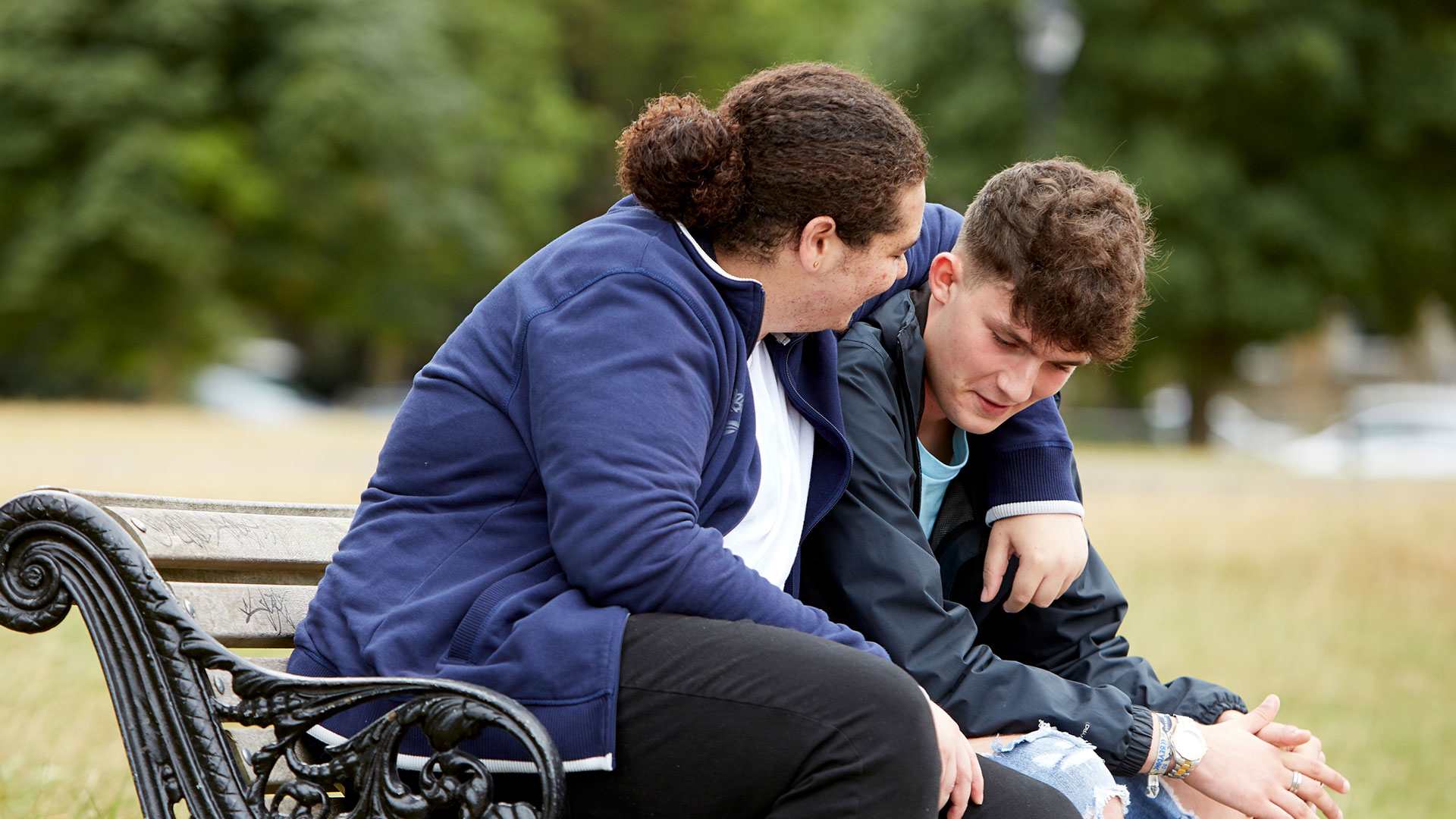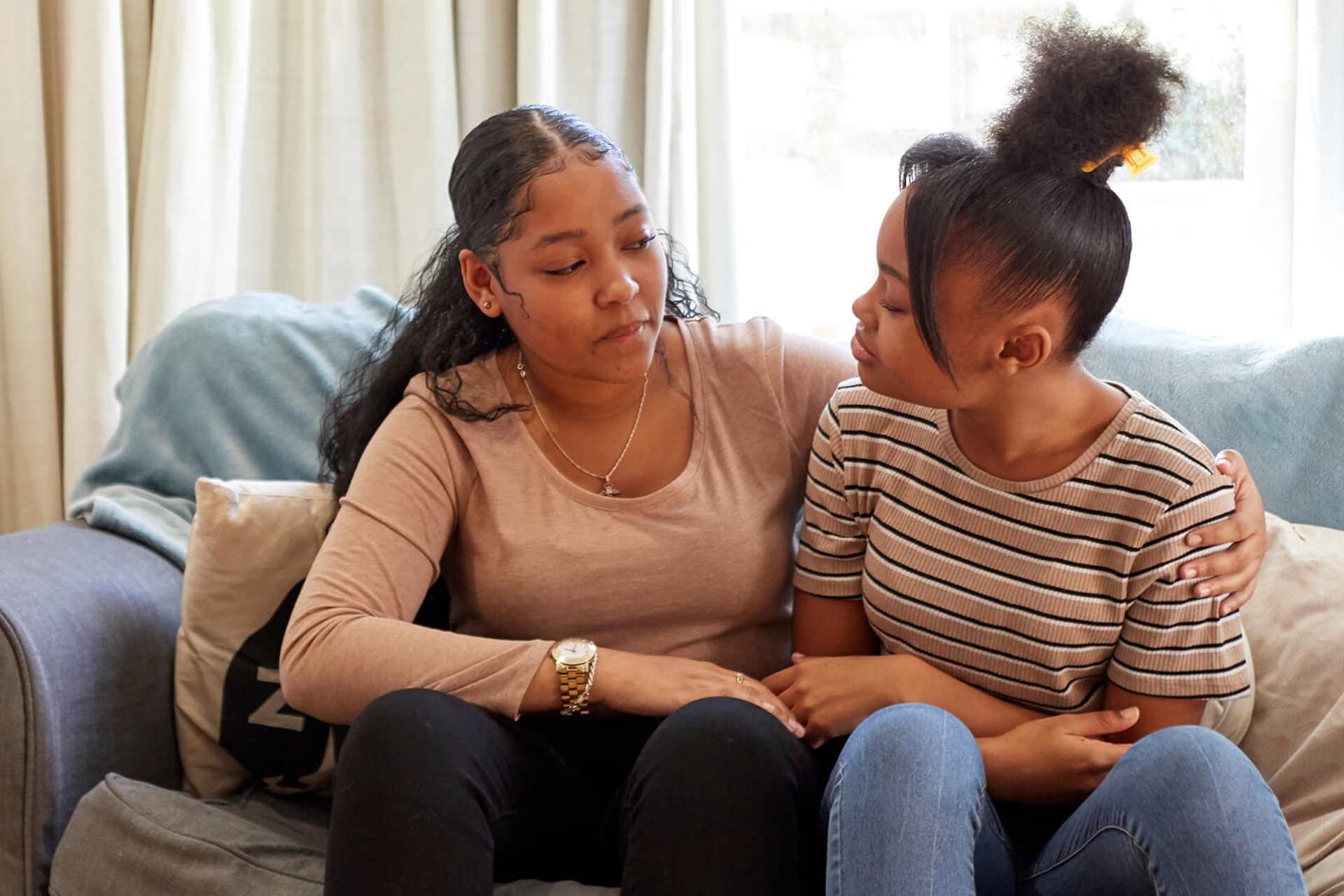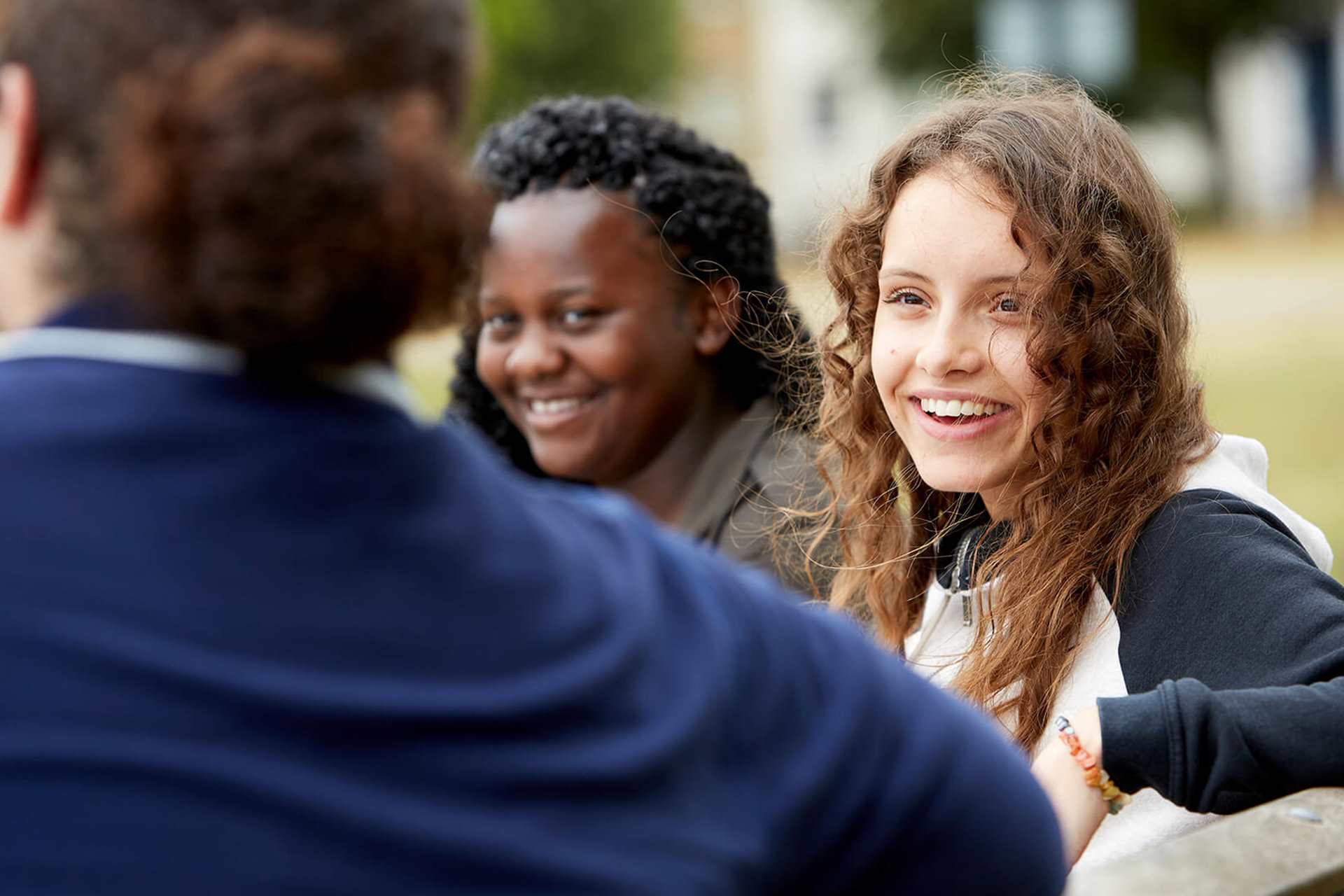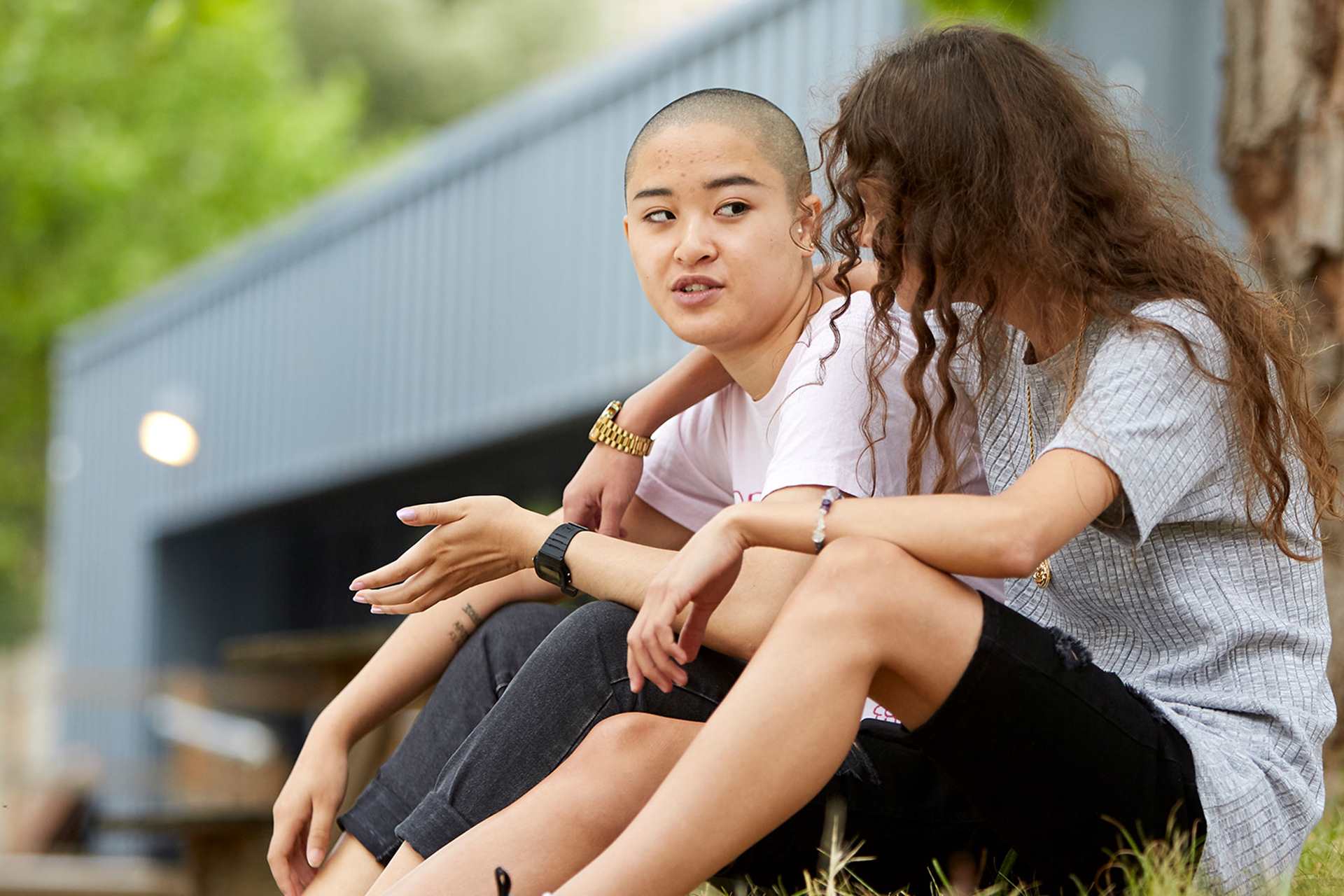Topics mentioned: avoidant restrictive food intake disorder (ARFID), eating problems, CAMHS
About: For Macy, getting support for ARFID wasn't easy, but help is out there. She hopes to raise awareness about the lack of proper support for those with ARFID.
This blog contains reference to eating problems. Please do not read on if you think the content may be triggering for you. If you are currently struggling with your mental health, please visit our find help page for information, advice and guidance on where to get support.
At 17, I was finally diagnosed with ARFID. I didn’t realise I even had this eating disorder until my CAMHS worker discovered the ARFID page on Beat’s website. I’d felt so scared of food for a long time and yet, because I wasn’t worried about my weight, neither myself nor anyone else could identify why I felt this way.
I spent numerous years with CAMHS trying to get to the bottom of my issues. Was it a coping method for the high school bullying? The death of my Nana? Depression? The lack of support I was given for my educational needs? Undiagnosed neurodivergence? These were all questions as to why I was slowly becoming malnourished.
Around the UK, there are small areas that have developed ARFID clinics, but there simply aren’t enough. Especially for those in their teens and reaching adulthood.
How misdiagnosis made things worse
When I first reached out for help about my eating problems, CAMHS saw a girl with low weight who was presenting as a restrictive eater. It must be anorexia, right? They didn’t see any need to explore any other options or listen to my or my family’s observations.
The anorexia diagnosis was jumped on and from that moment, a route was set into action. Despite the disagreement from both me and my mum, zero body image issues, no calorie counting, and no excessive exercise, we simply weren’t listened to. My feelings were dismissed, because I was ‘too emotionally unwell’ to see it.
The medical professionals began treating me for an eating disorder that I didn't have and wasn’t presenting symptoms for. They introduced meal plans and schemes which included three large meals and three snacks each day, and if I couldn’t do that, a supplement smoothie was added in. In addition to the overwhelming volume of food I was suddenly expected to eat, I was being fed foods that I don't like/have never eaten and would never choose to eat.
The team didn’t understand the vital importance of considering the textures, smells, taste, temperature, or the look of the foods they served. Instead, they demanded that I clear my plate, regardless of whether I liked it or not.
It was a difficult time, because I was under constant supervision at mealtimes, and also when I wanted to go to the toilet. I felt unbelievable amounts of pressure because I couldn’t do what they were asking. This really did make my mental health deteriorate and I felt hopeless, and that I simply wasn’t good enough - I was called many hurtful names by staff, and this often caused me to have frequent autistic meltdowns simply because I wasn’t being listened to or understood.
Why we need better ARFID awareness and support
For the past year, I’ve purely lived off one safe food which didn’t have enough vitamins to sustain me. I ended up becoming very malnourished and admitted to hospital last year. My ARFID is chronic and lifelong, so I’ll have it for the rest of my life. But by finding a balance and strategies/methods to be able to deal with the setbacks, I know I can live my life to the fullest.
There are too many health professionals and doctors out there who haven’t heard of ARFID or know what the symptoms are. The processes for picking up on, understanding and giving that support to children and young people is just way too slow. Around the UK, there are small areas that have developed ARFID clinics, but there simply aren’t enough. Especially for those in their teens and reaching adulthood.
There are literally thousands of people day in and day out being let down because CAMHS can’t provide that support. Children, young people and adults are becoming very unwell due to lack of understanding of the true seriousness of ARFID – plus, there simply isn’t enough funding to train staff on ARFID and give that vital information.
Keep trying - you will get the help you deserve
By sharing my story, I want to bring some much needed attention to ARFID, and if you’re someone struggling with ARFID, you are not alone.
People have been left struggling for years with no input of support, yet this disorder can be life threatening. Things are changing, but slowly. Knowledge and understanding of ARFID is growing, which means new support services are being developed. I hope no one has to go through what I went through when trying to find help – but it’s so important to keep trying. You will find the right support and get the help you deserve.
My ARFID is chronic and lifelong, so I’ll have it for the rest of my life. But by finding a balance and strategies/methods to be able to deal with the setbacks, I know I can live my life to the fullest.
More information and advice
We have tips and advice to help you find the support you need. Take a look at our guides.
Where to get help
However you're feeling, there are people who can help you if you are struggling. Here are some services that can support you.
-
Beat
Offers information and support for anybody affected by eating disorders.
One-to-one web chat available. They also run a range of online support groups, which are all fully moderated and anonymous.
Enter your postcode in the HelpFinder to see what eating disorder support is available in your area.
View their information on helpline accessibility and confidentiality.
- Opening times:
- 365 days a year - weekdays (9am - 8pm); weekends (4pm - 8pm)
-
Youth Access
Provides information about local counselling and advice services for young people aged 11-25.
Put in your location and what you need help with into their 'Find help' search, and see what services are available in your area.






